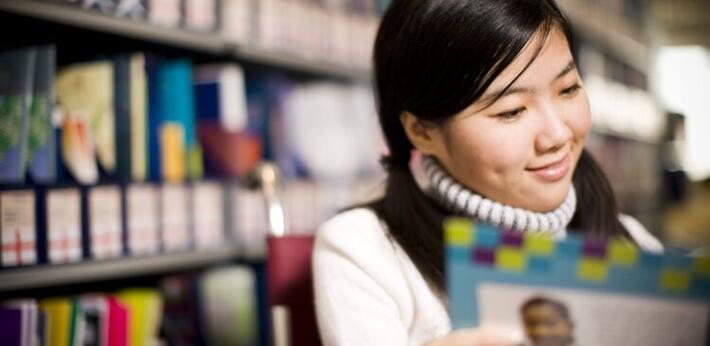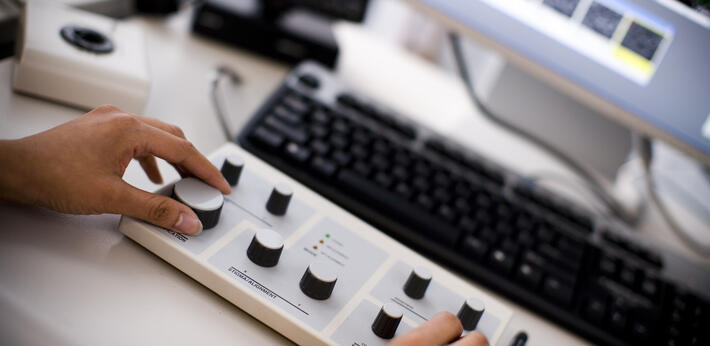You are here
Home ›27/01/2023
New policy on acquiring a higher academic rank in Thailand to reward academics through practical contribution
The Thai Ministry of Higher Education, Science, Research and Innovation (MHESI) established a policy that enables HE academics to apply for a higher academic rank using their practical work. As a result, academics can formally obtain academic promotion without conducting research or writing a textbook.
To support this policy, MHESI has already prepared a manual for applying for a higher academic rank in specific areas and a list of committees that will consider such appointments. This manual has also been approved.
The following work can now be used by Thai academics to apply for a higher rank:
- Work that helps a local area and society, using expertise in at least one subject area. The local area and society should see a positive impact on their community, way of life, education, art and culture, environment, jobs and economy, politics/governance, quality of life, and/or health. Alternatively, the work may result in a patent or intellectual property registration that shows a clear solution or benefit for society. Alternatively, the change in awareness and acknowledgement of a problem and solution for the community. This work should not involve profit or commercial gain.
- Creative artistic work, reflecting the value of truth, goodness, and beauty. For example, literary work, performing arts, music, architecture, design, painting, sculpture, graphic arts, etc.
- Teaching in one subject area, involving a learning management process or teaching innovation. This teaching work should result in the explicit development of students and benefit both the learners and teachers.
- Innovation. This new work or the clear improvement of existing work can involve technology innovation for products, services, processes, or social innovation such as organisational structure management, a management system, financial management, marketing, etc.
- Religious work, integrated with modern knowledge. This work should result in mental and intellectual development and strengthen communities, society, the economy, education, the environment, politics, and other areas widely and conclusively.
British Council Comment
We are happy to see a more inclusive policy regarding academic promotion in Thailand. This new regulation should also foster the advancement of Thai education and promote practical contributions to society.
UK institutions working in the Thai market may wish to explore potential collaborations with Thai universities in these five areas, under the expectation of even more willingness from Thai partners than in the past.
Source:
- News from the Thai Ministry of Higher Education, Science, Research and Innovation (Thai) https://mhesi.go.th/index.php/pr-executive-news/8444-2023-01-06-05-00-45.html and https://www.mhesi.go.th/index.php/all-media/infographic/8471-660112general3.html
- Related government gazette (Thai) https://ratchakitcha.soc.go.th/pdfdownload/?id=139D004S0000000002200






